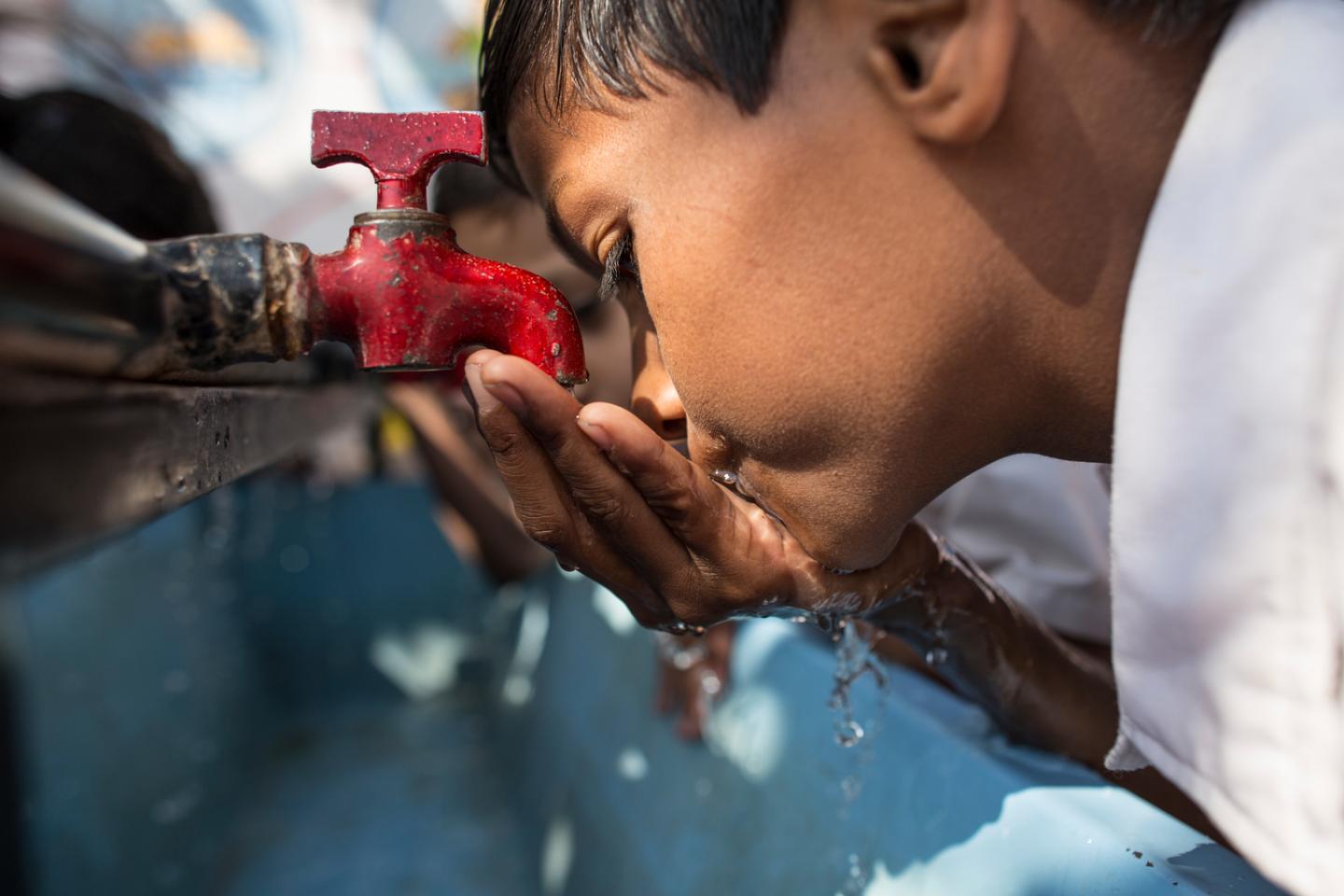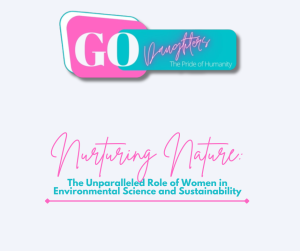
Clean Water: “An Underappreciated Liquid for Survival” Water is a clear, pure liquid that is essential to all humans, plants, and animals on the planet. People in the United States have access to clean drinking water and sanitation systems, unlike in other parts of the world where safe drinking water is becoming scarce. Many people do not have access to it, and many regions are experiencing severe drought. Humans, on the other hand, take it for granted, failing to recognize the importance of a consistent, clean supply of water to human health, the economy, and agricultural prosperity. Having clean and safe potable water is a right, not a privilege.
The issue of a lack of clean water has been around for many years and continues to be one of the leading causes of death around the world. Water aids in hydration, and without it, the population could easily perish. However, it aids in the regulation of bodily functions such as how the body functions with temperature and how it regulates everyone’s own temperature, the removal of waste within our bodies, digestion, and the prevention of dehydration.
Clean water is essential for socioeconomic development in communities. Poverty and a lack of clean water go hand in hand, and access to safe water is a critical component to eradicating poverty. Water supply improvement and sustainability boosts a community’s economic growth and reduces poverty. Furthermore, women and children who frequently spend up to six hours a day collecting water. Because so much time is devoted to that task, it prevents women from working and drastically reduces children’s time for education. When any portion of a community is marginalized this way, its social and financial advancement endures. For illustration, when children spend time in school instead of investing it collecting water each day, it positions them for more openings and financially benefits the community as an entire.
Communities require clean water for energy and food production. Clean water, energy, and food production are all inextricably linked. Agriculture consumes more than 25% of global energy. When communities lack access to clean water for energy and food production, they resort to irrigating crops with untreated wastewater, which leads to water-borne diseases. It is estimated that less than 10% of all collected wastewater is treated globally. Furthermore, untreated wastewater is contaminated with sewage, which contains harmful toxins such as diarrhea-causing bacteria and other pathogens. When this contaminated water is used to grow food for the community, the contaminants affect the food supply and its health.




